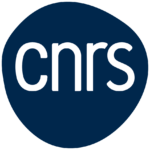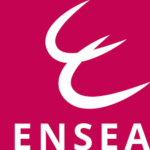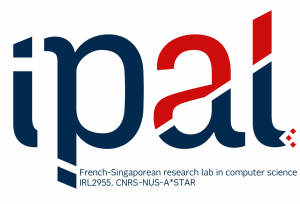Cerebral Organoïds in Frontiers in Neuroscience
“Recent Trends and Perspectives in Cerebral Organoids Imaging and Analysis” to appear in Frontiers in Neuroscience (https://www.frontiersin.org/journals/neuroscience). This work was achieved in the context of Clara Brémond’s PhD (ETIS / NEOXIA).

Clara Brémond Martin, Camille Simon Chane, Cedric Clouchoux, Aymeric Histace
Recent Trends and Perspectives in Cerebral Organoids Imaging and Analysis
Frontiers in Neuroscience, Frontiers, In press, ⟨10.3389/fnins.2021.629067⟩
DOI : 10.3389/fnins.2021.629067
Abstract : Since their first generation in 2013, the use of cerebral organoids has spread exponentially. Today, the amount of generated data is becoming challenging to analyze manually. This review aims to overview the current image acquisition methods and to subsequently identify the needs in image analysis tools for cerebral organoids. To address this question we went through all recent articles published on the subject and annotated the protocols, acquisition methods and algorithms used. Over the investigated period of time confocal and bright-field microscopy were the most used acquisition techniques. Cell counting, the most common task, is performed in 20\% of the articles and area, around 12\% of articles calculating morphological parameters. Image analysis on cerebral organoids is performed in majority using ImageJ software (around 52\%), and Matlab language (4\%). Treatments remain mostly semi-automatic. We highlight the limitations encountered in image analysis in the cerebral organoid field and suggest possible solutions and implementations to develop. In addition to providing an overview of cerebral organoids cultures and imaging, this work highlights the need to improve the existing image analysis methods for such images and the need for specific analysis tools. These solutions could specifically help to monitor the growth of future standardized cerebral organoids.




